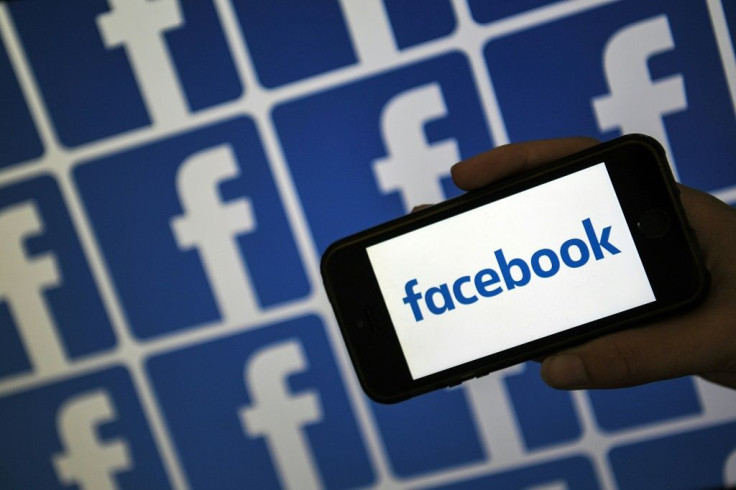Documents Show Facebook Controlling Competitors With User Data: Report

Leaked documents from a civil suit against Facebook show how the social network aimed to employ user data as a tool for bargaining and to manipulate competitors, NBC News reported on Wednesday.
Some 7,000 pages of documents reveal how Facebook chief Mark Zuckerberg and his team harnessed users' personal information to reward partners by giving them preferential data, while depriving rivals of the same sort of information, it reported.
NBC said the emails, notes and other documents dated as far back as 2011 and were supposed to be kept out of the public eye pending the civil case in California.
They show, for example, how Amazon received special data access after purchasing advertising on Facebook, while an app called MessageMe was denied data after growing so large it became a competitor, NBC reported.
While acting out of self-motivation, Facebook planned to portray the moves as protective of user privacy, the documents showed.
The lawsuit was filed by a now defunct startup called Six4Three, which created a failed app called Pikinis.
Through the app users could find Facebook pictures of people in bathing suits, but in order to work, the app's software had to be able to access the data of Facebook users and their friends.
The suit accuses Facebook of abusing its power over user data, although most of the documents filed in the case have been sealed by a judge at Facebook's request.
Facebook has been adamant that "documents Six4Three gathered for this baseless case are only part of the story and are presented in a way that is very misleading without additional context."
The social network contends that the suit by Six4Three is aimed at compelling it to provide the kind of data access that was taken advantage of in the Cambridge Analytica privacy scandal.
Up to 87 million users potentially had their data hijacked by political consulting group Cambridge Analytica, which was working for Donald Trump's 2016 presidential campaign.
Facebook has modified its data sharing app policies since then.
Meanwhile a British parliamentary committee investigating whether Facebook was being used to manipulate election results published 250 pages of internal Facebook documents from the Six4Three civil suit late last year.
The committee said emails showed the social media giant offered Netflix and other popular apps preferential access to people's data even after it had tightened its privacy rules.
gc/bfm
© Copyright AFP 2024. All rights reserved.





















